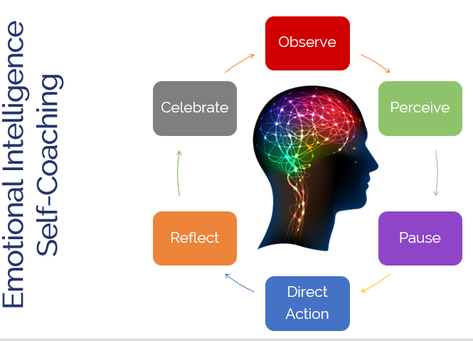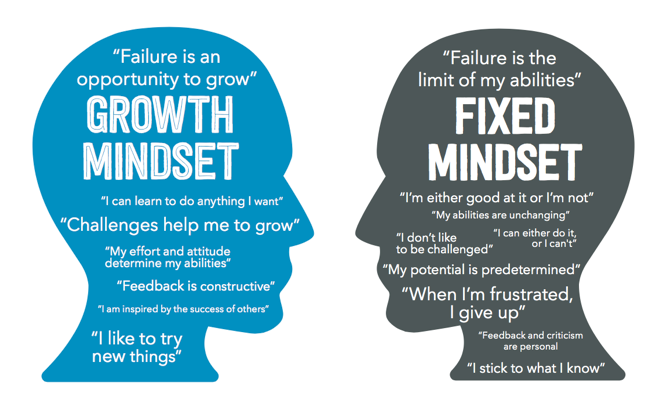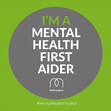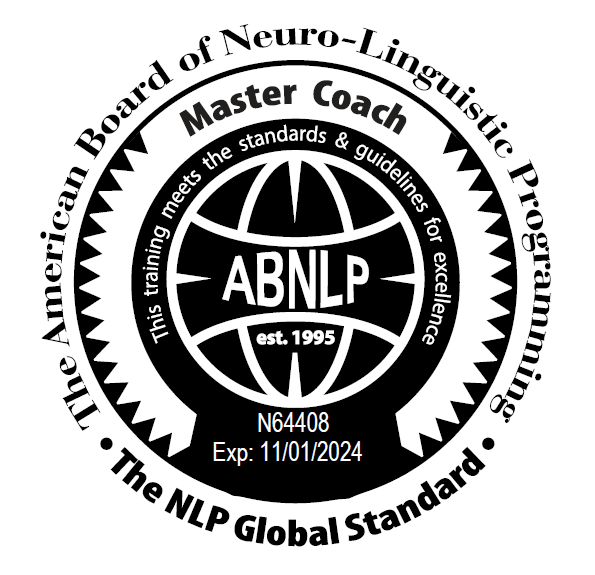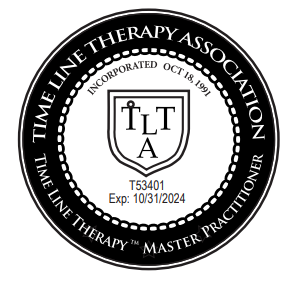|
|
Once your mindset changes, everything on the outside will change along with it. |
Success Mindset - Personal - Self Coaching
Self-coaching is a cycle that can be repeated time after time.
What is the difference between observe and perceive?
What is the difference between observe and perceive?
- Observe - To notice or view, especially carefully or with attention to detail.
- Perceive - To see, to be aware of, to understand.
| self_coaching_workbook_-_personal.pdf | |
| File Size: | 115 kb |
| File Type: | |
For each of the questions below you are going to do the following, you can download the workbook above which will take you through it:
Observe
START THE CYCLE AGAIN, from your new starting point.
Observe
- Mark yourself out of 10.
- Write down why you didn't give yourself the number below?
- Write down why you didn't give yourself the number above?
- What do you need to do to get to the next number - brain storm ideas, you can also use the strategies below.
- Don't overwhelm yourself, look at all your answers and work on just one area that has the lowest score..
- Choose 1 thing from your list that you are going to do for the next week.
- Do it! Every day, get someone to hold you accountable if needed.
- What went well?
- What didn't go so well?
- What would you differently next time?
- This is important, too often we down play our small achievements but it is those achievements that help us achieve bigger things.
START THE CYCLE AGAIN, from your new starting point.
Below are the questions and some strategies and information to help you start increasing your Success Mindset in each area:
1. How do you rate your success in your personal life?
Try writing down all the things you have achieved in life, find at least 20 things you have achieved successfully. Anything from a ballet show or sporting achievement when you were 6 to more recent events. Note how you feel before and after doing this. We are prone to focusing on what we haven’t achieved rather than what we have. Getting bogged down in the negative will stop you seeing any positives.
2. How important is it to you to improve and become a better person?
Having a growth mindset and wanting to improve yourself is vitally important in life. We al have ups and downs but if we can learn from our experiences and use them for positive development, we are far less likely to get bogged down in things that don’t go to plan and negative emotions. If you have taken this questionnaire, I presuming you have decided now is the time to grow. Use these strategies to start that journey, the results can be transformational, I speak from personal experience!
1. How do you rate your success in your personal life?
Try writing down all the things you have achieved in life, find at least 20 things you have achieved successfully. Anything from a ballet show or sporting achievement when you were 6 to more recent events. Note how you feel before and after doing this. We are prone to focusing on what we haven’t achieved rather than what we have. Getting bogged down in the negative will stop you seeing any positives.
2. How important is it to you to improve and become a better person?
Having a growth mindset and wanting to improve yourself is vitally important in life. We al have ups and downs but if we can learn from our experiences and use them for positive development, we are far less likely to get bogged down in things that don’t go to plan and negative emotions. If you have taken this questionnaire, I presuming you have decided now is the time to grow. Use these strategies to start that journey, the results can be transformational, I speak from personal experience!
3. How effective are you on a day to day basis outside of work?
Develop a success habit, don’t have huge long to do lists that get you down, each day write down three things you can achieve from your list. Once you have done them tick them off, we are just like kids, we love a star chart and so do our minds, when we set a goal, no matter how small and achieve it, we release ‘happy’ chemicals in our mind. If we do this regularly, we want more, establishing a success habit by achieving three small things a day you will feel more motivated and satisfied with life and get more done. Also avoid multi-tasking, you will be 40% less productive.
This video is business related but has a fun activity to show why multitasking is not effective give it a try!
Develop a success habit, don’t have huge long to do lists that get you down, each day write down three things you can achieve from your list. Once you have done them tick them off, we are just like kids, we love a star chart and so do our minds, when we set a goal, no matter how small and achieve it, we release ‘happy’ chemicals in our mind. If we do this regularly, we want more, establishing a success habit by achieving three small things a day you will feel more motivated and satisfied with life and get more done. Also avoid multi-tasking, you will be 40% less productive.
This video is business related but has a fun activity to show why multitasking is not effective give it a try!
4. How well do you handle criticism or negative feedback?
For personal development to be successful learning to listen to and accept criticism and negative feedback with an open mind is essential. Try reframing the situation in your mind. There is no such thing as failure only feedback and feedback is vital if we want to improve ourselves.
Take responsibility for the feedback:
5. How good are you at dealing with conflict in your personal life?
This area is all about emotional self-management. Try to CHOOSE how you respond to things, stop, breathe, count to three.
Then ask one or both of these questions:
Simon Sinek offers another strategy in this video that works really well too.
For personal development to be successful learning to listen to and accept criticism and negative feedback with an open mind is essential. Try reframing the situation in your mind. There is no such thing as failure only feedback and feedback is vital if we want to improve ourselves.
Take responsibility for the feedback:
- What is this feedback telling you?
- What can you learn from this?
- How can you improve yourself, so you don’t get this feedback again?
5. How good are you at dealing with conflict in your personal life?
This area is all about emotional self-management. Try to CHOOSE how you respond to things, stop, breathe, count to three.
Then ask one or both of these questions:
- Can I just check I have understood properly? (say back what you have understood)
- Can you give me some more information so I can understand better?
- How would you feel if someone said that to you? If you feel angry or hurt don’t say it.
Simon Sinek offers another strategy in this video that works really well too.
6. How positive are you?
Every day try to find and write down three good things about your personal life, it could be anything from a conversation with a friend, to a warm welcome home from a pet or a simply having a relaxing bath. If you focus on the negative, you only see the negative, if you start to shift that focus you will start to see more positive things.
7. How valued do you feel in your personal life?
The way you feel about anything is your choice, it might not feel that way, but I promise you it’s true. To increase how valued you feel, here are some suggestions:
- If you don’t value yourself (see questions 9&10) it is often easy for others not to value you either because you let them get away with it, you don’t feel storing enough to stand up for yourself. By working on the answers to questions 9&10 you can stat to work in your own self worth with will make the ideas below easier to carry out.
- Communicate with the people who are causing you to feel devalued, they may have no idea this is the case. Everyone is different and we all communicate differently, this is a great blog post about how different people show love: https://cratedwithlove.com/blog/five-love-languages-and-what-they-mean/
- Set boundaries, if people thing they can get away with taking advantage of you they will do it. If you say yes to everything – STOP! If you feel you are doing everything at home, get a piece of paper and do the following: write a list of ALL the tasks it takes to run the house in one column, in the second column write who currently does them. Then hold a family meeting and show how unbalanced things are, get family members to agree to take responsibility for certain jobs – you must make sure that they take responsibility too so don’t nag if it doesn’t get done, if your child cooks a meal that is horrible, eat it and thank them, they will improve. If someone cleans the bathroom but it is not to your standards, don’t criticise or redo it, they will improve.
- Focus on the positive things people do and don’t get bogged down in the negative, sometimes we are so focused on the negative that we don’t see the positive. If it helps, write a list.
- If it’s your children who take you for granted, try this with them:
Talk through this image, explain that everybody as a cup, children and grown-ups, explain that if they fill other people’s cups, they will also fill their own, if they empty other peoples cups they will also empty their own. Each day get then to either say or write down the following:
- Whose cup did I fill today?
- How did I fill their cup?
- How did you feel when filling someone else’s cup?
8. How good are you at taking action and getting things done?
This is a similar answer and strategy to that of quesiton 3.
Firstly, ask yourself why you are not getting on with things?
Most of the time it comes down to whether you feel overwhelmed by the amount you have to do and the motivation you have to get things done. Our brains are just like those of kids, each day put only 3 things on your list, once you have done each one cross it off, this releases happy drugs from our brain and establishes as success habit, do this each day. If you do more than three things that’s fine but three is the daily target. It has to seem achievable to you. Each day you achieve this cross it off on your calendar, once you have done it everyday for a month give yourself a reward – it could be a nice bottle of wine, a meal out, treating yourself to something you have wanted for ages, getting your nails done BUT only award yourself of you do it. I can assure you that the feeling of satisfaction is worth the effort.
9. On a scale of 1-10 how much do you like yourself?
10. On a scale of 1-10 how much do you respect yourself?
The more you like and respect yourself the nicer you will be to yourself. Most people are very hard on themselves and this can really hold you back, your mind believes everything you tell it! You also need to be able to hold yourself accountable, if you respect yourself you will look after your mental and physical health. Treat yourself as you would treat others!
To start changing how you feel about yourself write down the answers to the following questions, do this for both your ‘like’ score and your ‘respect’ score:
Example – you gave yourself a 6/10
- Why didn’t you give yourself a 5?
- Why didn’t you give yourself a 7?
- What do you need to do to move from 6 to 7?
If you would like to book a free initial consultation, please use this link to find yourself a suitable time.
https://calendly.com/ascendperformancecoaching/initial-consultation
Kind Regards
Vicky Henderson

